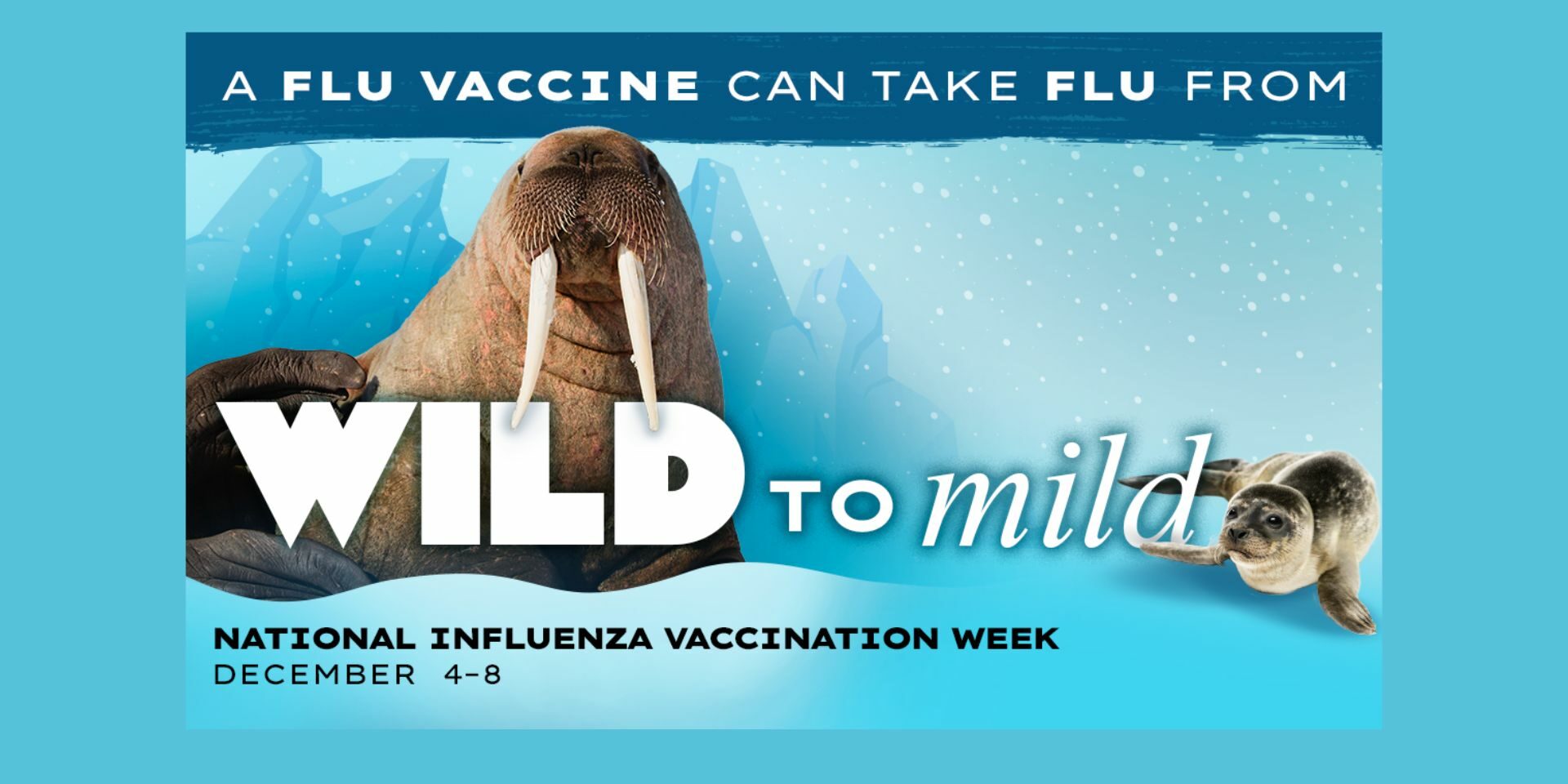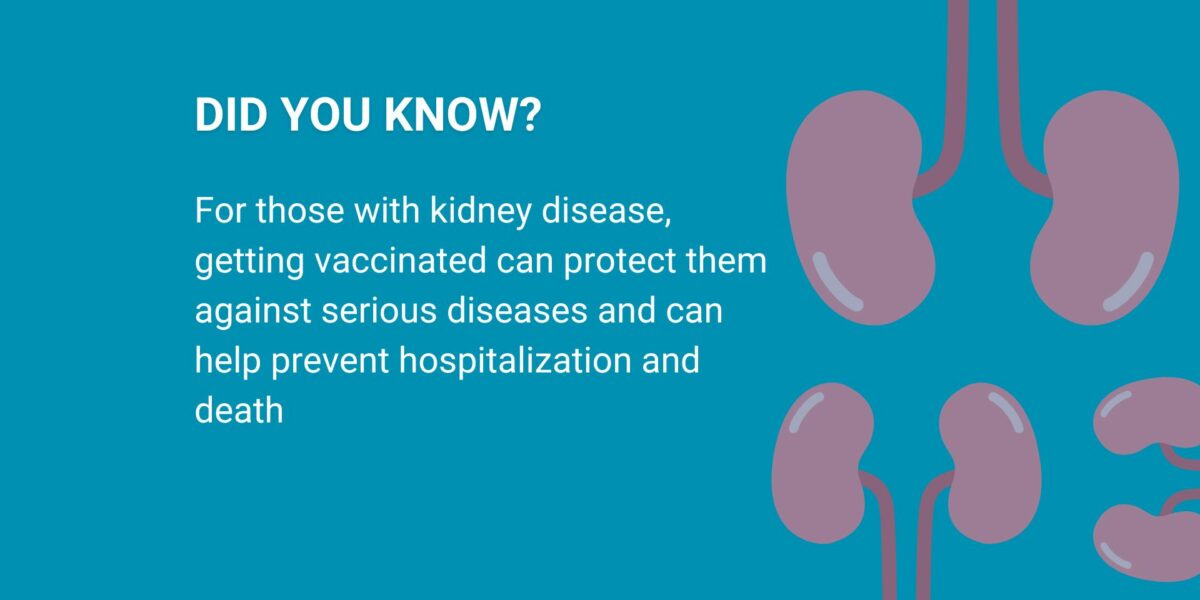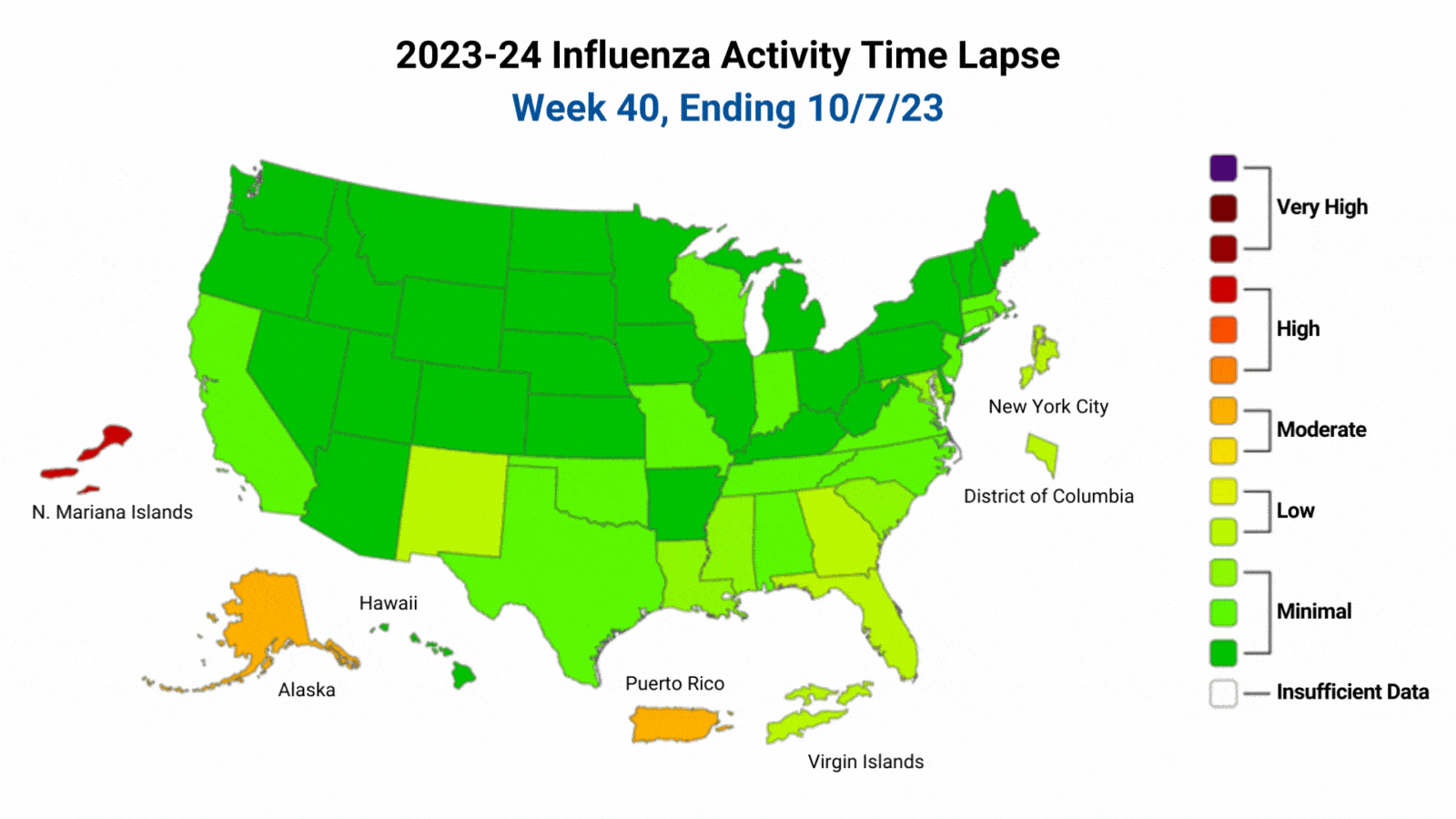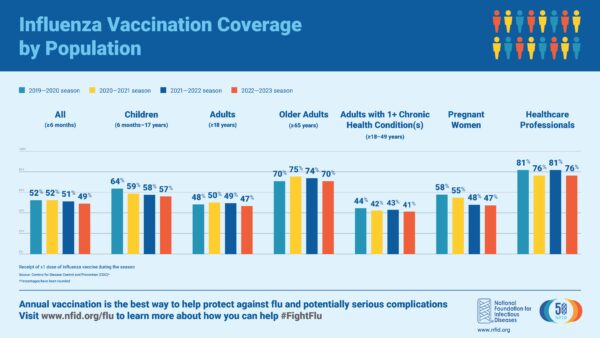
December 4-8, 2023 marks National Influenza Vaccination Week (NIVW), an annual reminder to get a flu vaccine if you have not already done so. With influenza (flu) activity on the rise and vaccination rates lagging across the US, the National Foundation for Infectious Diseases (NFID) joins the Centers for Disease Control and Prevention (CDC) in reminding all that annual flu vaccination is recommended for everyone age 6 months and older.
 If you have been putting off getting your annual flu vaccine, now is the time to take action and get vaccinated. Flu can be serious and deadly, and flu vaccination is the best way to help protect yourself and those around you.
If you have been putting off getting your annual flu vaccine, now is the time to take action and get vaccinated. Flu can be serious and deadly, and flu vaccination is the best way to help protect yourself and those around you.
Just ask Jeb S. Teichman, MD. Getting vaccinated against flu was on his son Brent’s to-do list, but life got busy and he did not prioritize it. Brent was a vibrant and healthy 29-year-old chef when he died as a result of flu-related complications in 2019. Since then, Brent’s family has bravely shared his story to educate others about how serious flu can be.
Flu activity is increasing across most of the US, and according to CDC, the number of weekly flu hospital admissions continues to increase. During the 2023-2024 season (as of December 1, 2023), at least 1.8 million people have gotten sick with flu, 17,000 have been hospitalized, and 1,100 people have died from flu, including 8 pediatric deaths.
CDC recommends that everyone age 6 months or older get an annual flu vaccine. Vaccination is especially important for those at higher risk for serious flu-related illness, including:
- Infants and children age 5 years and younger
- Adults age 65 years and older
- Pregnant women
- Those with certain chronic health conditions, including heart disease, lung disease, kidney disease, and diabetes (even when the condition is well managed)
- Certain racial and ethnic groups
Even in cases when flu vaccination does not prevent infection completely, it can help protect against serious flu-related complications, including hospitalization and death—taking flu from wild to mild. A recent study found that flu vaccination reduced the risk of flu-related emergency visits and hospitalizations by almost half among children and teens during the 2022-2023 season. During the 2021-2022 flu season, CDC estimates flu vaccination prevented approximately 9 million flu illnesses, 100,000 hospitalizations, and 5,000 deaths.
Unfortunately, flu vaccination rates have remained low since the COVID-19 pandemic, especially among certain higher risk groups, such as pregnant women and children. The trend appears to be continuing this season, with lower flu vaccination coverage for both children and adults compared to the same time last year, leaving many people unnecessarily vulnerable.
With CDC advising that flu activity could continue for weeks, now is still a good time to get vaccinated against flu to help protect individuals, families, and communities.
Flu vaccines may be given at the same time as other recommended vaccines, including vaccines for COVID-19, pneumococcal disease, and respiratory syncytial virus (RSV).
Help #FightFlu:
NFID and CDC encourage everyone to help protect themselves and their loved ones by getting an annual flu vaccine. Take these steps to help #FightFlu:
- Use the CDC NIVW Digital Media Toolkit to encourage flu vaccination within your community
- Join the NFID Leading by Example initiative to make a public commitment to flu prevention
- Share flu vaccination photos/videos, with an NFID #FightFlu paddle, on social media—be sure to include #FightFlu and tag @NFIDvaccines
- Share NFID flu resources throughout the 2023-2024 season to help educate and engage the public and healthcare professionals about the importance of flu prevention and treatment
- Use the Flu Vaccine Finder tool to find a flu vaccine near you
To join the conversation and get the latest news on infectious diseases, follow NFID on X (Twitter) using the hashtags #FightFlu and #NIVW, like us on Facebook, follow us on Instagram, visit us on LinkedIn, listen and subscribe to the Infectious IDeas podcast, and subscribe to receive future NFID Updates.
Related Posts

3 Things You Need to Know about Kidney Disease and Vaccines
It is important for people with kidney disease to understand how critical vaccination can be for their health and well-being

5 Reasons Why Vaccines Are Good for Your Heart
For people with heart disease, getting vaccinated is as important to staying healthy as diet and exercise

Leading by Example for a Healthier Fall and Winter
CDC guest post on the importance of disease prevention and leading by example to help protect against flu, COVID-19, and RSV


